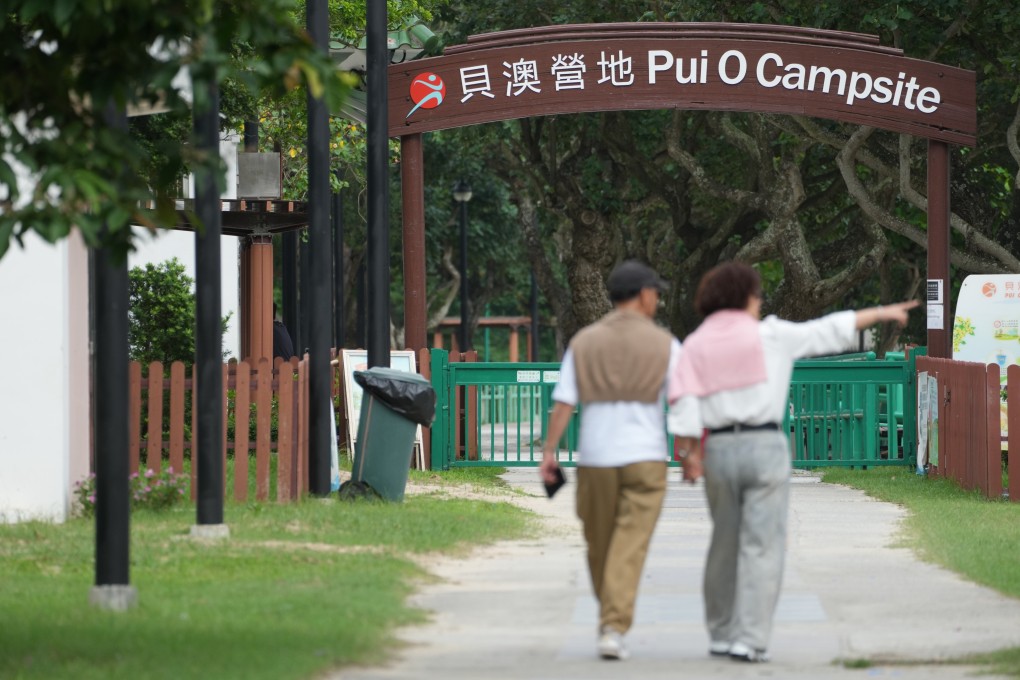Advertisement
Opinion | Hong Kong should approach South Lantau project with purpose
- From Bali’s resorts to Beijing’s countryside attractions, other ecotourism sites provide useful templates for developing South Lantau
Reading Time:3 minutes
Why you can trust SCMP
6

Endowed with abundant natural scenery, such as pristine beaches and majestic mountains, South Lantau is earmarked by the government to be developed for ecotourism and sustainable recreation. The two-month public consultation for the South Lantau Eco-recreation Corridor ended in late July.
Advertisement
Opinion is divided between different stakeholders, including Legislative Council members, conservationists and other concerned local groups. On the surface, this presents an impossible task for the government. The plan may either become a watered-down compromise that pleases nobody, or it may be shelved altogether.
However, the corridor should not be just another typical development project. Instead, there must be a strategy to make sure it propels Hong Kong tourism and the city’s sustainable development.
One key concern is that the proposed holiday space would only attract “check-box” travellers – visitors focused on taking pictures of attractions rather than experiencing the local culture and environment. An influx of such tourists who might lack awareness about environmental responsibility could damage South Lantau’s natural habitats.
As an ethical and sustainable answer to overdevelopment, eco-resorts can be a solution to address these concerns for South Lantau. In places like Bali, eco-resorts aim to put sustainability at the centre of every traveller’s stay. They set out and gradually meet objectives anchored in sustainability.
Advertisement
One example is the Desa Hay eco-resort, which is powered by 100 rooftop solar panels, along with underground recharge wells and waste water processing. Its architectural design has a low visual impact, as the villas resemble tree houses or forest huts.

Advertisement


